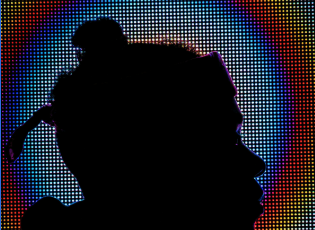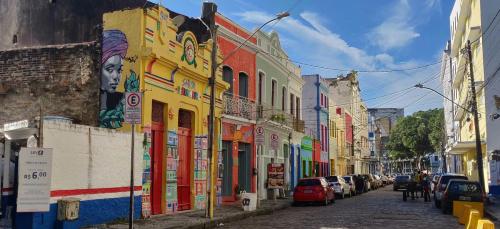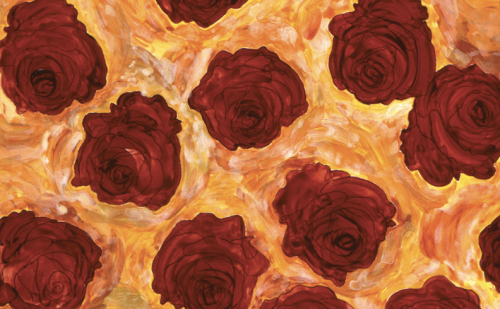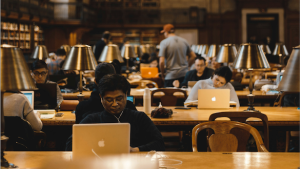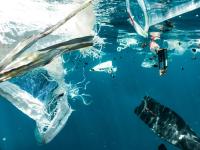Current Labs
Accessible Urban Farming
Students will explore issues of accessibility, equity, and inclusion in local food systems through hands-on work with urban farms and school gardens. Engage directly with farmers and community partners to understand how access to fresh, healthy food shapes quality of life. Participants will design projects that promote awareness and foster more equitable, sustainable food communities.
View more information HERE
Spring 2026

Global AZ: Development Futures
Examine how global development challenges connect to Arizona and local communities. Guided by interdisciplinary experts, students engage with the UN Sustainable Development Goals and design collaborative projects that link global concerns to local action. The course culminates in public-facing outcomes that promote wellbeing and shared prosperity.
View more information HERE

Humanizing Digital Culture
This Humanities Lab explores how digital culture shapes human identity and our relationship with technology. Students will investigate digital identity, empathy, and real-world impacts while developing strategies to humanize digital technologies.
View more information HERE

Harnessing AI for Good?
Explore how artificial intelligence is shaping healthcare, criminal justice, and education while raising urgent ethical and policy questions. This course invites students to critically examine AI’s foundations, assess its societal impact, and collaboratively design frameworks for a more just and ethical future.
View more information HERE

Intro to Interdisciplinary Research
Students in this Lab will learn about interdisciplinary research, develop skills of collaboration, learn helpful research tools, exercise creative problem solving skills, and develop a team inquiry project focused on complex social challenges.
View more information HERE

Seeking Truth: Misinformation
From ancient to modern times, false narratives persist, though today they are amplified by the digital era and its numerous tools (ex. AI) and platforms (ex. TikTok). This surge has profound global to local repercussions, impacting media, politics, science, and economics while eroding trust in institutions, between communities, and affecting individual behaviors.
View more information HERE



